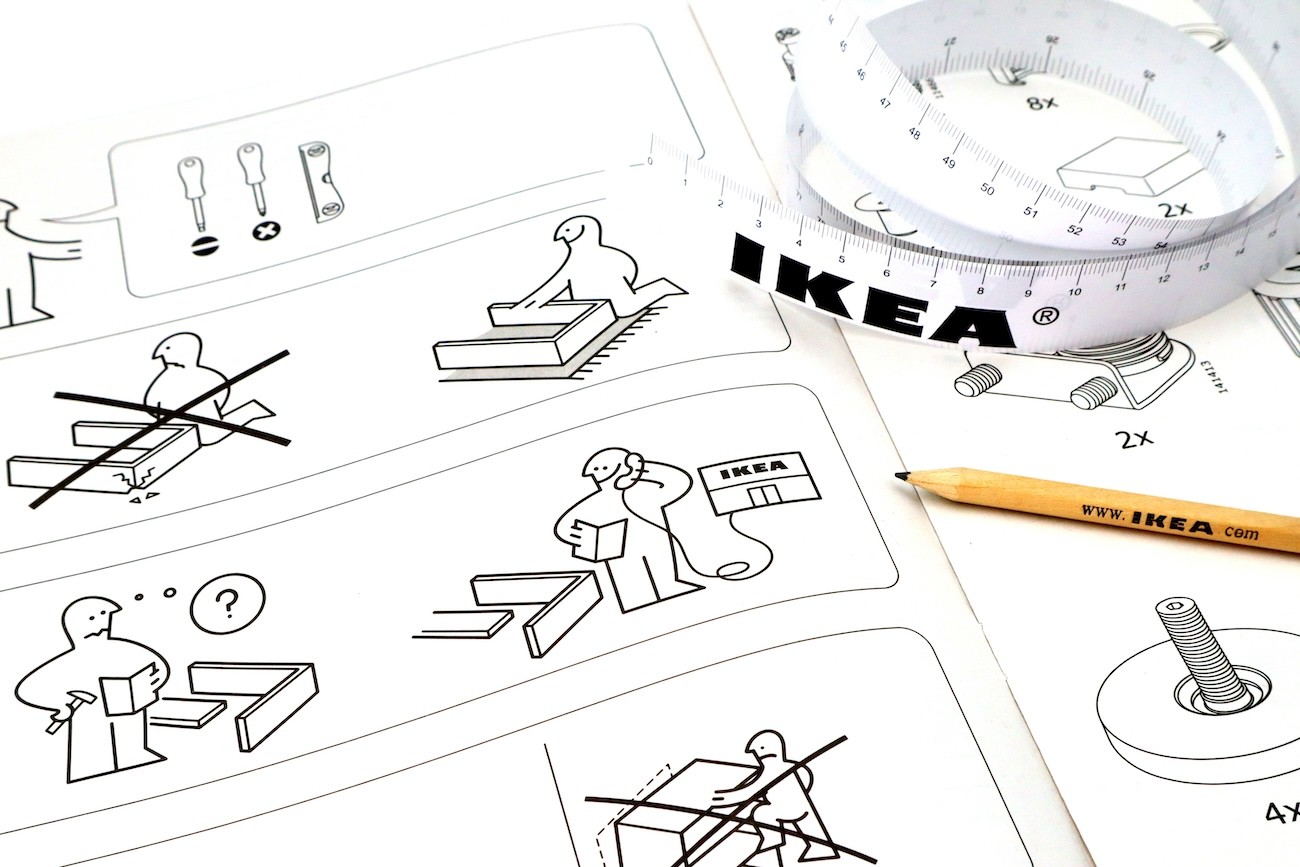From rising inflation to the great resignation, the one thing everyone seems to be dealing with is change. And while change has always been a part of our lives, and an unavoidable aspect of leadership, there’s no doubt the pace has accelerated over the last few years.
Even when it’s manageable, change is disruptive. It introduces uncertainty, throwing familiar rhythms into disarray and diminishing our comfort and security. For those who are particularly change-averse, there’s nothing worse than the unpredictability change brings with it.
No matter how you’d describe yourself — adaptable, averse or somewhere in between — the rate of change we’ve experienced since 2020 has been taxing, to say the least. There’s been so much change compressed into such a short amount of time that we’ve had to use words like unprecedented to describe it.
In seasons of peak change, it’s not uncommon for fatigue to set in. Organizational psychologists call it change fatigue or change exhaustion; we’ve all felt it at one point or another. What triggers it is overwhelm, brought on by too many changes in a row or too much change all at once.
A friend of mine insists that the only sane response to the “new normal” is for everyone to take a nap. He says it half-jokingly, but I’ve repeated his line more times than I can count, and every time I do there’s someone within earshot who thinks a nap might provide just the reset we need. When we’re tired, even the suggestion of rest resonates.
So, if you’ve felt weary, you’re not alone. The crucible of change has lingered longer than we’re used to, leading to a deficit of the well-rested.
Recently, I sat with a leader who was more tired than usual. He wasn’t burned out or ineffectual, but he was feeling the effects of change. As we talked, one thing that stood out was his indefatigable spirit, an inner fire that fatigue couldn’t quench. Somehow, despite the personal and professional shifts he was going through, his enthusiasm hadn’t waned a bit. In fact, he was as bullish as ever about his organization’s prospects, talking to me about everything from direct mail to new hires to their underutilized CRM. I walked away thinking he had made the most of the change that was thrust upon him — not an easy task, but a necessary one.
And that’s really all any of us can do: Make the most of it. Change is a given, an unavoidable reality. How we respond to it, well, that’s something else entirely. Leaders who see change as an opportunity to learn, adapt and grow are the ones who are poised to make the greatest impact. I’m not suggesting we'll be able to pull this off flawlessly — leadership doesn’t work that way — only that our organizations will be the beneficiaries of our efforts to try.
If you’re navigating change in your business, let’s talk. We’d love to help you solve your most demanding marketing, communications and technological challenges.





